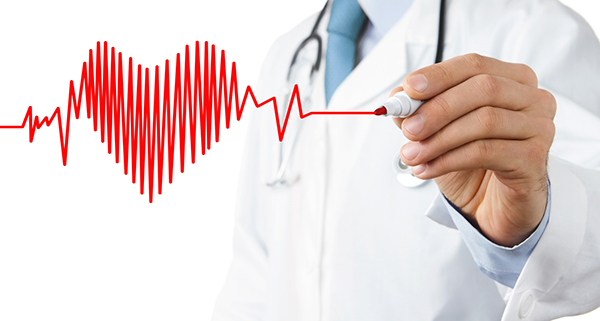
What is Cardiovascular Disease?
Cardiovascular disease (CVD) is a group of conditions relating to the heart and vessels that includes heart attack, stroke, heart valve disease, heart failure and arrhythmia. Heart attack and stroke are directly related to atherosclerosis which is defined as the narrowing of the arteries due to plaque buildup. These plaques are made of cholesterol, fat and other substances and can lead to the formation of dangerous blood clots. High blood pressure, smoking and high cholesterol and triglycerides have been proposed as possible contributors to atherosclerosis.
How is it treated?
Cholesterol medications (including statins) are often used to prevent, stabilize and even shrink plaque buildup by lowering the amount of cholesterol in the blood. Antiplatelet medications are used to decrease the chance of blood sticking together and forming a clot on the surface of a plaque. Since the flow of blood to the heart maybe restricted due to plaque buildup, chest pain may occur. Nitrates and beta-blockers are used to decrease chest pain in CVD. If atherosclerosis is severe enough, doctors may perform a procedure to widen the artery opening and allow blood to flow more freely. Lifestyle changes such as smoking cessation, losing weight, exercise and stress management are essential in treating CVD.
Heart Healthy Nutrition
The foundation of eating a heart healthy diet is in choosing healthy fats. Healthy fats can increase “good” cholesterol (HDL) and help change “bad” cholesterol (LDL) to a safer, benign type. Read More.
